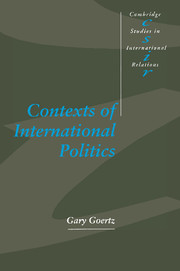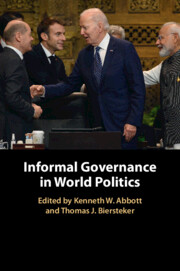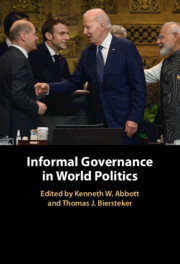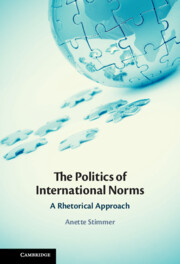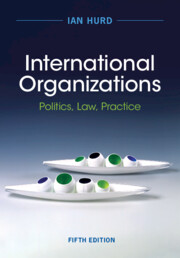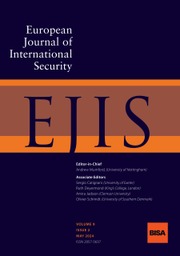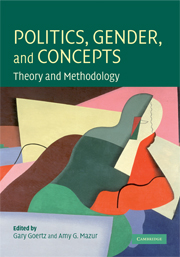Contexts of International Politics
This book examines the ways and means by which nation-states interact with their environment. The author proposes a theory of context that examines the way in which system structure, normative environment, and history can act as contexts for decision makers, either as causes, barriers, or by changing meanings. The theoretical and methodological material is illustrated by a number of case studies that apply context theory to specific problems, such as decolonization, USSR-East European relations, and enduring military rivalries.
- Cutting-edge study of the contexts which underlie decision-making in international politics; includes theory, methodology and empirical examples
- Case studies apply theory to USSR relations with Eastern Europe, decolonization, and military rivalries
- Complements other series books on 'formal' methods in International Relations, such as Nicholson, Maoz and Vasquez; a strength of the series
Product details
January 1995Paperback
9780521469722
310 pages
229 × 152 × 18 mm
0.46kg
27 b/w illus. 17 tables
Available
Table of Contents
- 1. Introduction
- 2. Modes of context
- 3. Context as changing meaning
- 4. Contextual indicators
- 5. Rational actor and diffusion models
- 6. Barrier models of context
- 7. Oil nationalization, 1918–80
- 8. Eastern Europe, 1945–89
- 9. Historical contexts
- 10. Enduring rivalries
- 11. The context of international norms
- 12. The norm of decolonization
- 13. Postface: interacting contexts and explaining contexts.

